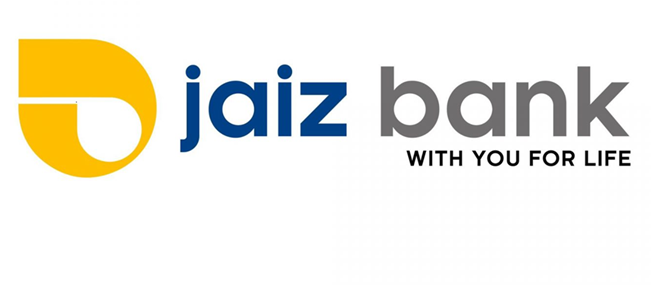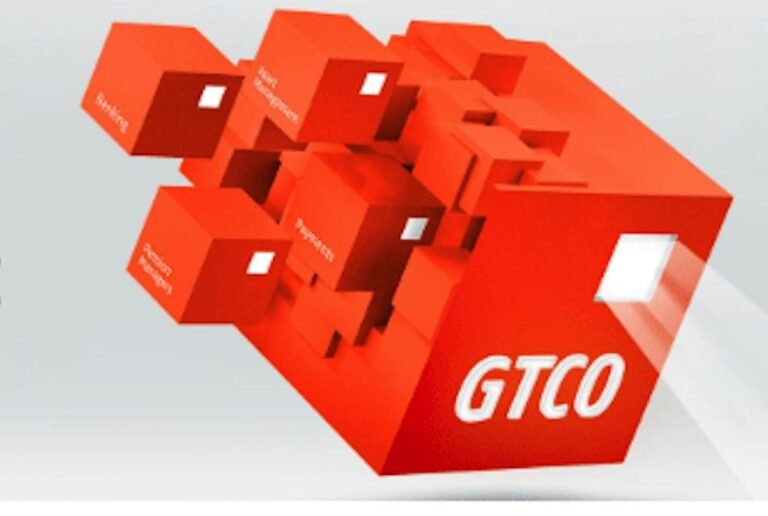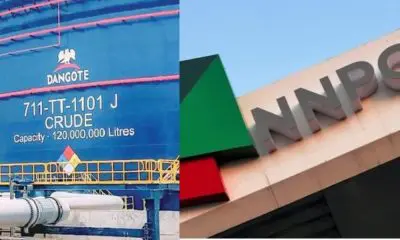Once soaring above ₦1,100 in March, diesel now ranges between ₦911 and ₦950 in major hubs, propelled by an oversupply glut, fading demand, and fierce price competition between private depot owners and the Dangote Refinery.
According to data from Petroleumprice.ng, a massive influx of diesel imports, with 14 AGO tankers unloaded approximately 341,800 metric tonnes across ports like Lagos, Port Harcourt, Warri, and Calabar in just 24 days.
The Dangote Refinery’s boosted diesel output has intensified this surplus, fostering a cutthroat market where fuel costs are steadily eroding.
Also Read:
- More Trouble For Nigeria’s Economy, As Price of Diesel Increases In Europe
- Nigeria to Introduce 7.5% VAT on Diesel Imports, Diesel May Hit N900
- NNPC Slashes Petrol Price to N860/Litre Amid Intensifying Price War With Dangote Refinery
- Nigerians will Adapt to Petrol Deregulation as with Diesel, Kerosene – FG
A stronger power grid has curbed diesel use among manufacturers, businesses, and homes, while Dangote’s tactic of mirroring private depot prices has upended conventional pricing models in the petroleum industry.
Transport and logistics companies are cashing in on cheaper fuel, manufacturers enjoy slight operational savings, and generator-dependent households face lower energy bills.
Conversely, importers and depot operators stuck with pricier AGO stocks are seeing profit margins shrink, while smaller marketers grapple with Dangote’s dominant scale.
With supply outpacing demand and rivalry heating up, experts predict diesel prices will keep sliding unless imports drop or industrial consumption surges.
The energy sector braces for more tanker arrivals, which could trigger yet another wave of price reductions in this fiercely competitive landscape.
For now, Nigerian consumers revel in reduced diesel costs, but industry players must navigate this shifting terrain to stay afloat.






















